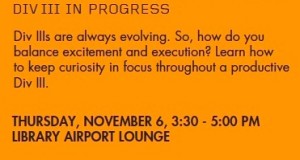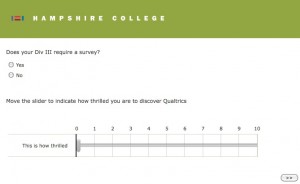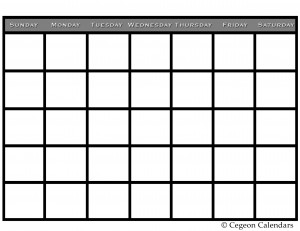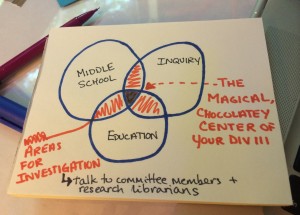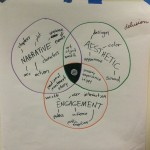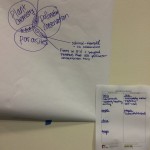 Feeling guilty about how much (little?) work you got done this week? Guilt is rarely a productive emotion. We can spend a fair amount of time and energy feeling guilty and thinking we just need to “do more.” Doesn’t sound particularly motivating, does it? It is more productive to try to change the future than fret about the past.
Feeling guilty about how much (little?) work you got done this week? Guilt is rarely a productive emotion. We can spend a fair amount of time and energy feeling guilty and thinking we just need to “do more.” Doesn’t sound particularly motivating, does it? It is more productive to try to change the future than fret about the past.
Of course it helps to know what did not go well this week. Think about what interfered with getting work done and then move forward in concrete ways to minimize that issue.
So, instead of giving guilt much power, make a plan. A plan for the coming week is important. It works best if it is a specific plan – not just “do more” but do some specific tasks/develop helpful routines. Map out your week. You might set specific goals for how much time you will work each day, where and when. If you meet your time goal, you don’t have to feel guilty about how much writing or production you did. And clearly, scheduling more time will eventually lead to getting more product as well.

